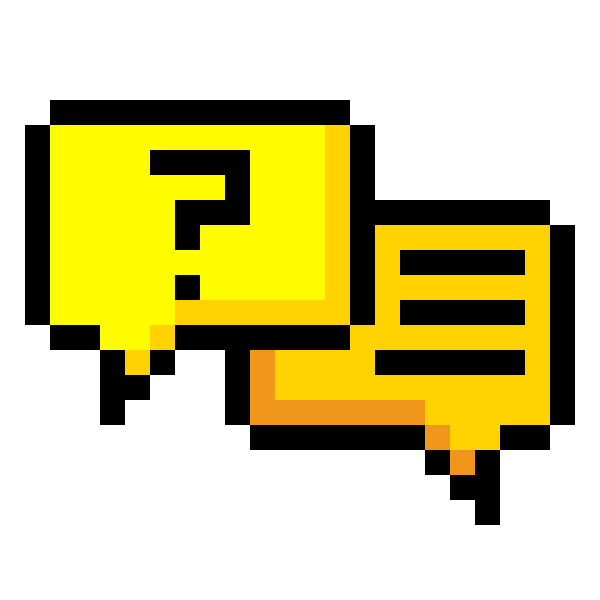840 reads
Exclusive Interview With OpenChat Co-founder Matthew Grogan
by
May 8th, 2023
Audio Presented by

A seasoned blockchain journalist & legal consultant shaping crypto narratives and navigating regulatory minefields.
Story's Credibility

About Author
A seasoned blockchain journalist & legal consultant shaping crypto narratives and navigating regulatory minefields.
